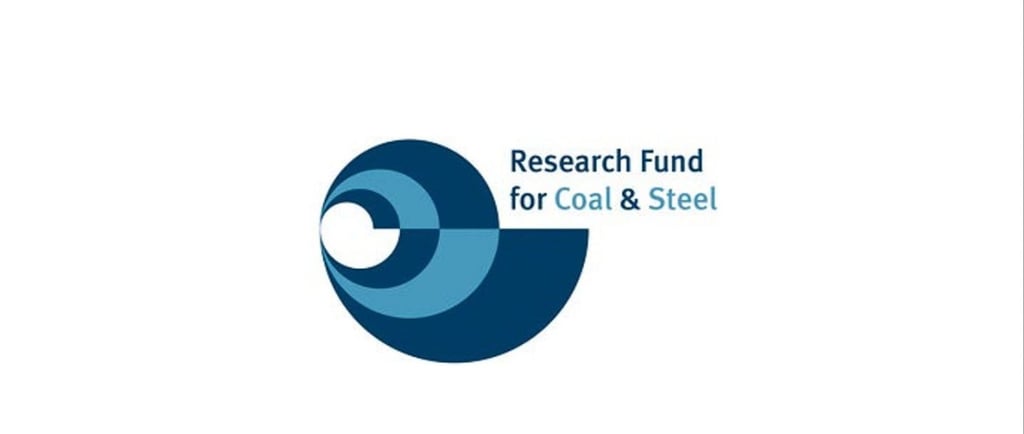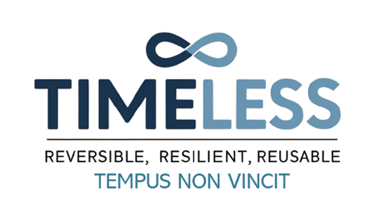European Green Deal and RFCS: Funding Clean Steel and Sustainable Transition
Learn how the RFCS supports the European Green Deal by funding clean steel projects and coal region transformation for a climate-neutral future.
MISCELLANEA
9/4/20253 min read


Driving Europe’s Green Transition: The Research Fund for Coal and Steel and the TIMELESS Project
(Further info at the EU Funding & Tenders Portal)
The Research Fund for Coal and Steel (RFCS) is a key EU funding programme supporting projects that advance sustainable steel technologies, clean energy, and the circular economy. By financing innovation in some of Europe’s most traditional and carbon-intensive industries, RFCS helps deliver the objectives of the European Green Deal, which aims to make Europe climate neutral by 2050. Projects funded under RFCS – such as TIMELESS, a forthcoming initiative coordinated by the University of Salerno – demonstrate how research and industry can join forces to create resilient, low-carbon solutions for the future of construction and steelmaking.
The European Green Deal and the Role of RFCS
The European Green Deal sets the path for climate neutrality by 2050. Through RFCS, Europe funds clean steel technologies and coal region transformation, bridging its industrial past with a sustainable and competitive future.
Among the many sectors under transformation, coal and steel stand out as both historically central to Europe’s growth and heavily carbon-intensive. The RFCS plays a key role in bridging this past with a more sustainable future. By financing research, demonstration, and innovation projects, the RFCS ensures that even the most traditional industries are aligned with the principles of the Green Deal.
From Traditional Industry to Green Innovation
Steel production alone is responsible for around 7–9% of global CO₂ emissions, while coal mining has left deep environmental and social footprints across Europe. Both industries are at the center of a just transition challenge: how can Europe decarbonize while also protecting jobs, communities, and competitiveness?
The RFCS was originally established to support research after the expiry of the European Coal and Steel Community Treaty. Today, its mission has evolved to align closely with the climate neutrality objectives of the Green Deal. It funds projects that:
decarbonize steelmaking
repurpose and remediate coal regions
foster technological innovation that strengthens sustainability without undermining competitiveness
A Concrete Example: TIMELESS
An example of how RFCS supports innovation is the TIMELESS – Technologies for Immutable Multi-hazard rEversibLE Steel Structures project. Funded under the 2024 RFCS call, TIMELESS will run from October 2025 to March 2029, coordinated by the University of Salerno with the participation of universities, research centers, and companies from Italy, Portugal, Germany, Luxembourg, and Latvia.
With a total budget of €2.96 million (of which €1.77 million comes from EU funding), TIMELESS will develop innovative steel building systems that are reusable, reversible, and resilient to multiple hazards. The aim is to reduce the environmental impact of construction while extending the life cycle of steel structures, directly contributing to circular economy goals and the European Green Deal.
Financial Commitment and Opportunities
For the period 2021–2027, the RFCS has a budget of approximately €568 million to support research, pilot, and demonstration projects. For 2025 alone, the budget exceeds €175 million, with major initiatives specifically dedicated to clean steel and coal transition projects.
This level of investment creates real opportunities for universities, companies, and research centers to take part in European innovation. Participation in RFCS is open to organizations active in the steel and coal value chains, and calls are published annually on the Funding & Tenders Portal of the European Commission. Proposals are typically submitted by international consortia, and successful projects demonstrate clear impact in sustainability, circularity, and just transition.
Looking Ahead
The European Green Deal is not only an environmental plan but also an industrial and social strategy. Its success depends on transforming sectors that once symbolized Europe’s carbon-heavy growth story. The RFCS sits at the heart of this challenge.
By supporting projects like TIMELESS, investing in decarbonization technologies, and enabling fair transitions for coal regions, the RFCS demonstrates how heritage industries can become engines of sustainability. In the coming years, these projects will not only reduce emissions but also safeguard jobs, protect communities, and preserve Europe’s global leadership in sustainable industrial innovation.
The message is clear: Europe’s path to climate neutrality is not about abandoning its industrial backbone but about reimagining it for a timeless, resilient, and green future.
